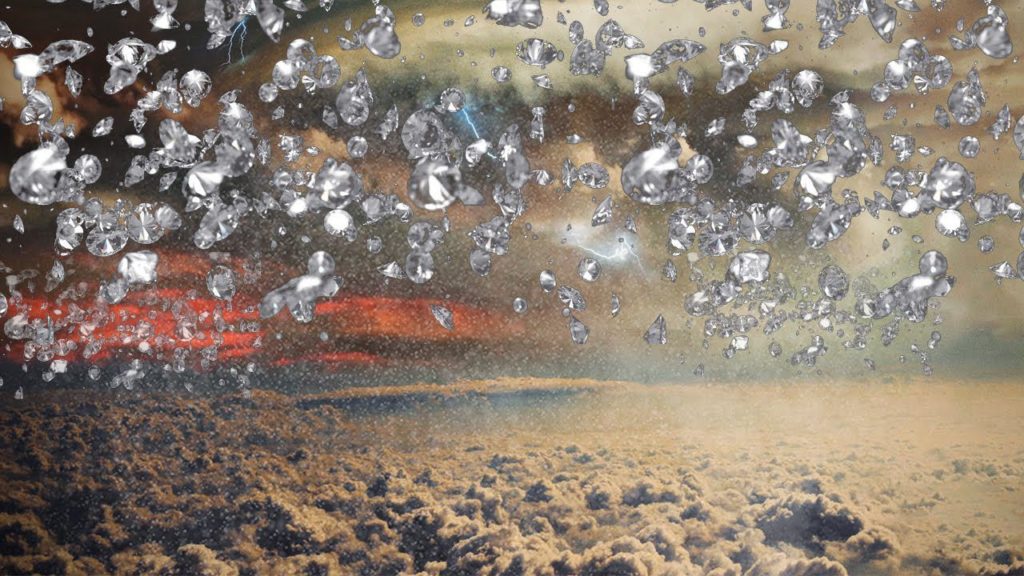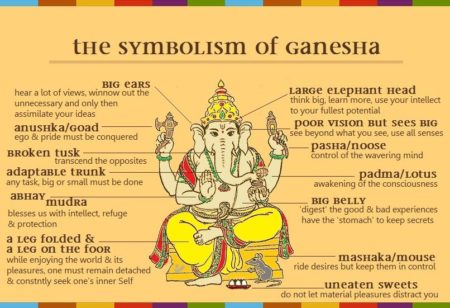These days, consumers can take their pick from an impressive array of fabulous items of diamond jewellery. For example, they can head online to select princess cut diamond engagement rings. All they need is a little spare time and a web connection.
As long as they know where to look, they should be able to find the perfect princess cut diamond rings for them, and within their budgets too.
Meanwhile, it seems as though the Earth is not the only planet in the Solar System to feature diamonds. According to a BBC report, these precious stones could be raining down on Saturn and Jupiter. Scientists in the US have calculated that there is an abundance of these items within the gas giants.
The researchers noted that lightning storms within the planets’ atmospheres turn methane into carbon. This soot-like substance hardens as it falls into chunks of graphite and then into diamond. Eventually, these unusual ‘hail stones’ melt into a liquid at the core of the planets.
Dr Kevin Baines from the University of Wisconsin-Madison and Nasa’s Jet Propulsion Laboratory suggested that the biggest diamonds would probably be around a centimetre in diameter. Expanding on this, he noted they would be “big enough to put on a ring, although of course they would be uncut”.
The expert added: “The bottom line is that 1,000 tonnes of diamonds a year are being created on Saturn. People ask me – how can you really tell? Because there’s no way you can go and observe it.
It all boils down to the chemistry. And we think we’re pretty certain.”
Dr Baines stated that the process of diamond creation begins in the upper atmosphere or so-called ‘thunderstorm alleys’, where the soot forms. Explaining the subsequent processes, he said: “As the soot falls, the pressure on it increases. And after about 1,000 miles it turns to graphite – the sheet-like form of carbon you find in pencils.” By a depth of 6,000 kilometres, this graphite toughens into diamond.
The specialist went on to draw attention to the “hellish” temperatures on Saturn and Jupiter. About this, he remarked: “Diamonds aren’t forever on Saturn and Jupiter. But they are on Uranus and Neptune, which are colder at their cores.”
He presented his findings during the recent annual meeting of the Division for Planetary Sciences of the American Astronomical Society in the US along with his co-author, Mona Delitsky, from California Speciality Engineering.
When asked to comment on the predictions, fellow expert Professor Raymond Jeanloz told the BBC: “The idea that there is a depth range within the atmospheres of Jupiter and (even more so) Saturn within which carbon would be stable as diamond does seem sensible.” He added: “Given the large sizes of these planets, the amount of carbon (therefore diamond) that may be present is hardly negligible.”
Of course, consumers do not have to go to the lengths of trying to source precious stones in space. When they are after a princess cut engagement ring or other similar item, they can simply turn to the web and place their orders.




